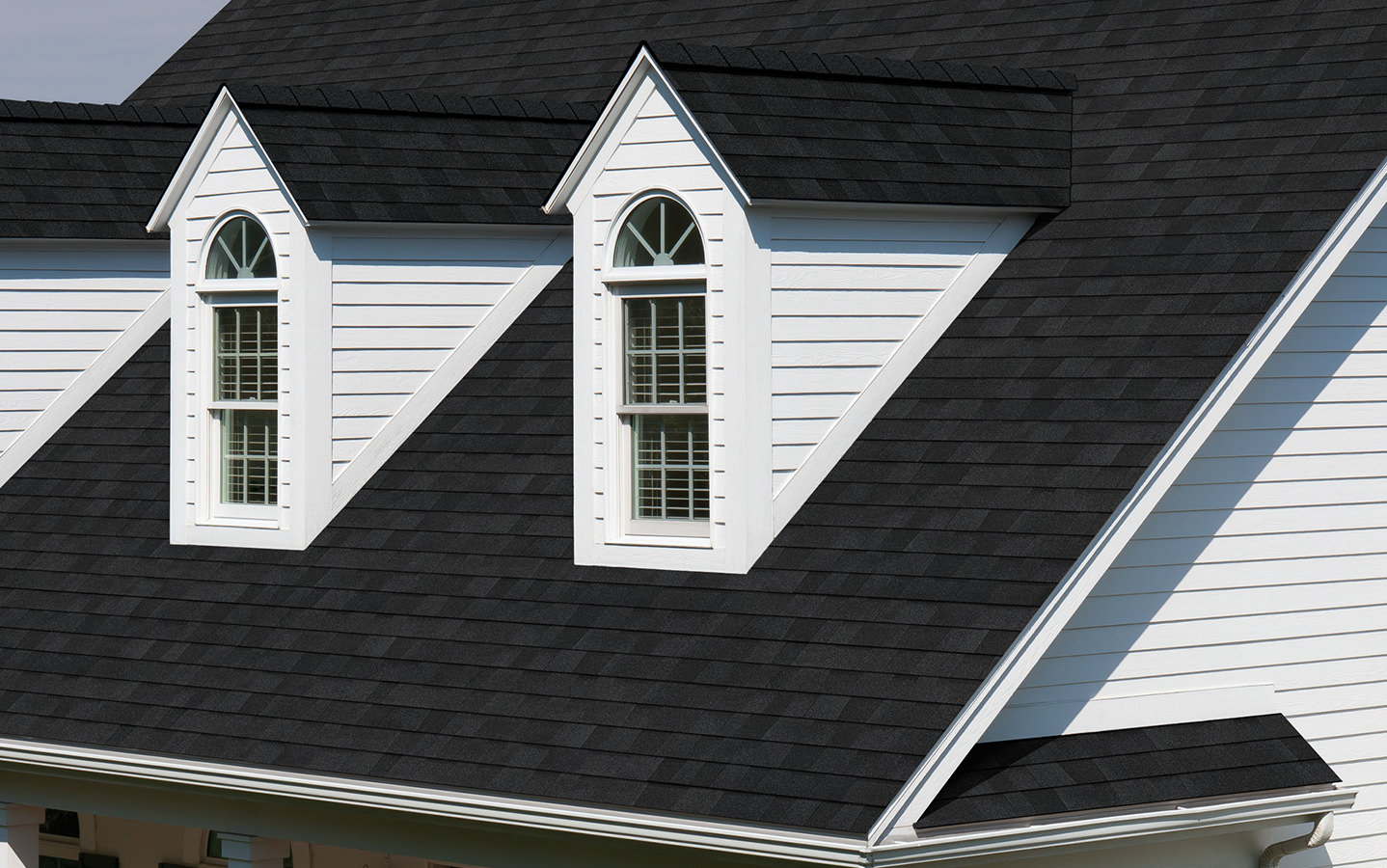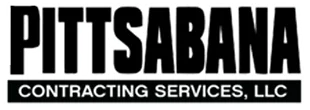Black roof shingles are a popular choice for many homeowners who want to give their house a sleek and modern look. But do black shingles make a house hotter? Do they increase energy bills? What are the pros and cons of black roof shingles? In this post, we will answer these questions and more, so you can decide if black roof shingles are right for you.
Do Black Shingles Make A House Hotter?
The color of your roof shingles can affect the temperature of your attic and your home. According to the U.S. Department of Energy, dark-colored roofs absorb more heat from the sun than light-colored roofs, which reflect more heat. This means that black roof shingles can make your attic up to 40°F hotter than a white roof on a sunny day.
However, this does not necessarily mean that black shingles will make your house hotter. The insulation and ventilation of your attic play a bigger role in regulating the temperature of your home than the color of your roof. If you have adequate insulation and ventilation in your attic, the heat absorbed by your black shingles will be dissipated before it reaches your living space. On the other hand, if you have poor insulation and ventilation, even a light-colored roof can make your house hotter.
How Black Shingles Can Stay Cool
If you like the look of black roof shingles but are worried about the heat they may generate, there are some ways to make them stay cool. One option is to choose black metal roof panels instead of asphalt shingles. Metal roofs reflect more solar radiation than asphalt roofs, and they also cool down faster at night. Metal roofs can also last longer and require less maintenance than asphalt roofs.
Another option is to look for black roof shingles that have a cool roof coating or are made of cool roof materials. These products are designed to reflect more sunlight and emit more heat than conventional shingles, reducing the surface temperature of the roof by up to 50°F. Cool roof shingles can also help you save energy by lowering the demand for air conditioning in the summer.
Do Black Shingles Increase Energy Bills?
The impact of black roof shingles on your energy bills depends on several factors, such as the climate you live in, the type and quality of your shingles, the insulation and ventilation of your attic, and the efficiency of your heating and cooling system. In general, black shingles may increase your energy bills in hot climates where you need more cooling, but they may decrease your energy bills in cold climates where you need more heating.
According to a study by Florida Solar Energy Center, dark-colored roofs can increase cooling costs by up to 20% in hot climates, compared to light-colored roofs. However, in cold climates, dark-colored roofs can reduce heating costs by up to 3%, compared to light-colored roofs. This is because dark roofs absorb more heat from the sun in the winter, reducing the need for heating.
Therefore, if you live in a hot climate, you may want to avoid black shingles or opt for cool roof products that can reduce the heat gain. If you live in a cold climate, you may benefit from black shingles or metal roofs that can increase the heat gain.
Black Roof Shingles Pros and Cons
Black roof shingles have both advantages and disadvantages that you should consider before installing them on your house. Here are some of the pros and cons of black roof shingles:
Pros
- Black roof shingles can give your house a stylish and elegant appearance that matches well with different siding colors and architectural styles.
- Black roof shingles can hide dirt and stains better than lighter-colored shingles, making them easier to maintain and clean.
- Black roof shingles can prevent algae growth better than lighter-colored shingles, especially if they contain copper granules that inhibit algae formation.
- Black roof shingles can provide more contrast and visibility for snow guards, skylights, solar panels, and other features on your roof.
Cons
- Black roof shingles can absorb more heat from the sun than lighter-colored shingles, making your attic hotter and potentially increasing your cooling costs in hot climates.
- Black roof shingles can fade faster than lighter-colored shingles due to exposure to UV rays and weathering, losing their original color and luster over time.
- Black roof shingles can show more wear and tear than lighter-colored shingles, such as cracks, curling, blistering, and granule loss.
- Black roof shingles can be harder to match with other roofing materials
Black roof shingles are a great option for homeowners who want to enhance the curb appeal and value of their house. However, they also come with some drawbacks that you should be aware of before making a decision. Depending on the climate you live in, the type and quality of your shingles, and the insulation and ventilation of your attic, black roof shingles can affect the temperature and energy efficiency of your home. To make the most of your black roof shingles, you should choose cool roof products or metal roofs that can reflect more heat and stay cooler. You should also maintain and inspect your roof regularly to prevent damage and extend its lifespan.
We hope this post has given you some useful information and tips on black roof shingles. If you have any questions or need any help with your roofing project, feel free to contact us today. We are a professional and experienced roofing company that can provide you with the best service and quality. We offer free estimates and consultations, so don’t hesitate to get in touch with us. We look forward to hearing from you soon!



